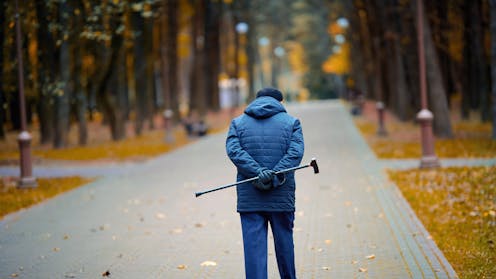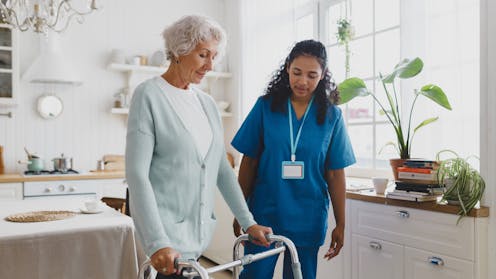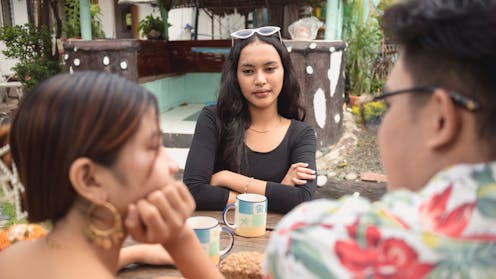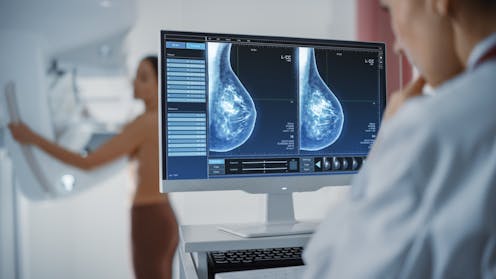Do people really want to know their risk of getting Alzheimer’s?
A US study shows that many research participants don’t want to know their risks of getting Alzheimer’s disease.
Assisted dying bill: religious MPs were more likely to oppose law change in first round of voting
MPs will soon vote on Kim Leadbeater’s assisted dying bill. Analysis of the second reading shows how religion, identity and party shaped support and opposition.
M&S cyberattacks used a little-known but dangerous technique
Sim-swap fraud is becoming increasingly prevalent.
Closing off social care jobs to migrant workers will only harm a sector that’s already in crisis
Plans to encourage more British workers into the sector have been described as under-funded and ‘years away from delivery’.
Could the assisted dying bill fall at the next hurdle?
The bill passed its second reading by a large majority but things get far more complicated from here.
Everyone isn’t ‘a little bit autistic’ – here’s why this notion is harmful
This casual phrase might seem harmless but it misunderstands what autism really is and can do real harm to autistic people.
How breast tissue density affects your risk of breast cancer
As breast cancer screening evolves, understanding personal risk factors like density is critical for improving early detection.
‘The red Welsh way’: Welsh Labour attempts to distance itself from the UK party
Wales’ first minister is trying to reassert Welsh Labour’s distinct identity as the party slips in the polls.
What to look out for from the music of the 2025 Eurovision Song Contest
Many of this year’s songwriters have competed in the contest before.
How optical fibres are transforming cancer care
Optical fibres are now being used to monitor radiation therapy with hair-thin precision – making treatments safer and more effective for cancer patients.







